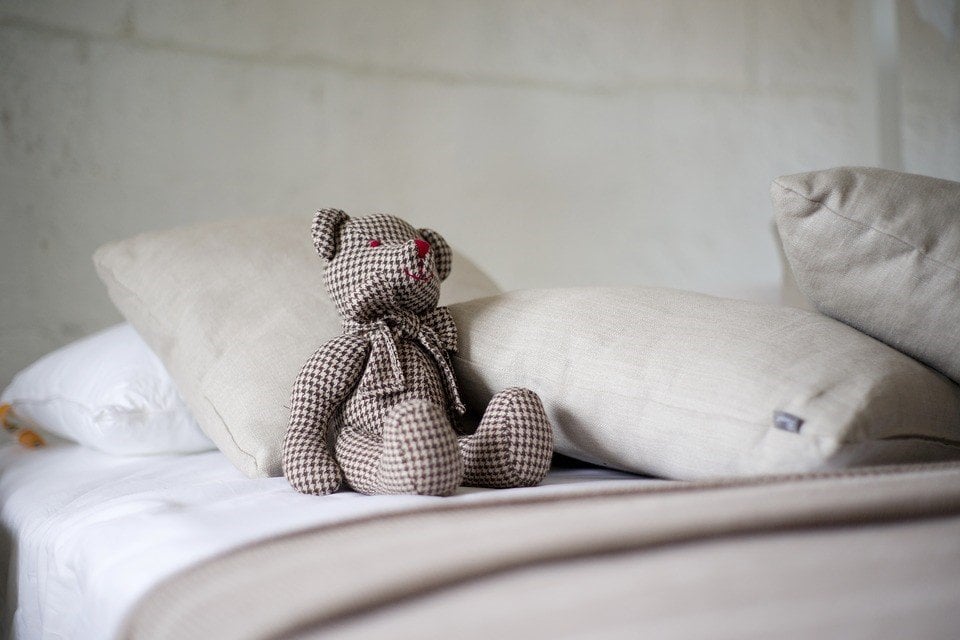Senior Tech Solutions for the Modern Age
Caring for an aging loved one or living independently has never been easier. Between video calling, on-demand doctors, and smart home devices, it’s possible [...]
4 Steps to Aging in Place Safely
4 Steps to Aging in Place Safely A vast majority of seniors wish to grow older in their own homes. But if you want [...]
Understanding Medicare and How to Enroll
Medicare is available for people age 65 or older, as well as younger people with disabilities and certain illnesses. Original Medicare has two primary [...]
Essential Technology
Essential Technology Equipment and Services for Those With Limited Mobility For millions of Americans who are living with a disability or the aftermath of [...]
Ways to Prepare Your Home for Surgery Recovery
Depending on the type of surgery you endure, you’ll either be ready to up and move the next day or require a longer, [...]
Depending on the type of surgery you endure, you’ll either be ready to up and move the next day or require a longer, more relaxing state of mind to reach full recuperation. If you are faced with days or weeks of healing from a fresh operation, then the space that you surround yourself with makes a huge difference for your state of mind and comfort level.
Here are some ways to implement some TLC by taking the necessary steps to making the most of your time at home as you heal.
Stock the Pantry
Just before you get home, you’ll need to make sure that all necessary food items are well stocked so that you don’t have to run any errands during your recovery. You may even opt to prepare frozen meals prior to your surgery, to pop in the oven when you get home. Otherwise, you can also enlist the help of a friend or family member to prepare meals for you while you rest.
Ask your doctor about any special meal planning options that work best for recovery. As a rule of thumb, the healthier, the better when it comes to healing because a nutritious meal will help your skin and muscles to regenerate more quickly.
Bathe Yourself
According to Very Well, doctors are typically against bathing or showering immediately following surgery due to the possibility of an infection. However, you should still practice proper hygiene with a sponge wash. Depending on where your surgery was located, you may be able to do so alone or require the help of someone else.
Always pay attention to the incision site when sponge bathing, to prevent any infection. At any rate, it may be better to avoid this area all-together, unless directed by a doctor. However, sponge baths are the best option for cleaning up, especially during the first few days.
Get Prepared
If you’ve had surgery on your leg, torso or any other area, making it difficult to walk upstairs, then you will need to move all of your necessary equipment downstairs if your bedroom is on the second level. According to the National Floor Safety Institute, half of all accidental deaths at home are caused by falling, so make sure to plan what you’ll need before surgery so you’re not moving around if you don’t have to. Having a wheelchair, walker or crutches on hand also offers alternative modes of mobility.
Placing your bed near the bathroom for easy access is convenient since you shouldn’t walk very far immediately after your operation. Keep items such as a cell phone within reach in the case of an emergency and never attempt to walk in the dark, as this could increase your risk of falling. Ridding your space of any clutter will also prevent slips and falls, in addition to installing night lights in the hallways.
Calm the Senses
Dark spaces that are closed in can cause stress. Let in more natural light by opening up curtains and windows or utilizing mood-boosting light bulbs for night, especially if you are prone to seasonal affective disorder. Sunshine works wonders for the mood, as does clean, open air or a calming painting, such as a seascape. If your recovery is long, getting some fresh air can also reduce symptoms of depression and anxiety.
Plants also have an effect on the recovery process since they are often used for aromatherapeutic purposes, which is proven to have a positive, uplifting effect. Adding some greenery is also great for cleaning the air and provides a sense of calm.
In addition to creating a tranquil environment, your brain may also positively respond better to relaxing sounds, such as an ocean, birds chirping, or a fountain as opposed to jarring construction noises. If you’ve been stuck in your house for weeks, investing in a noise machine or small table-side fountains will easily take you to another place.
It takes surgical wounds time to heal, but sometimes slowing down brings about faster recovery. Keep these tips in mind when preparing a restful space for your home.







